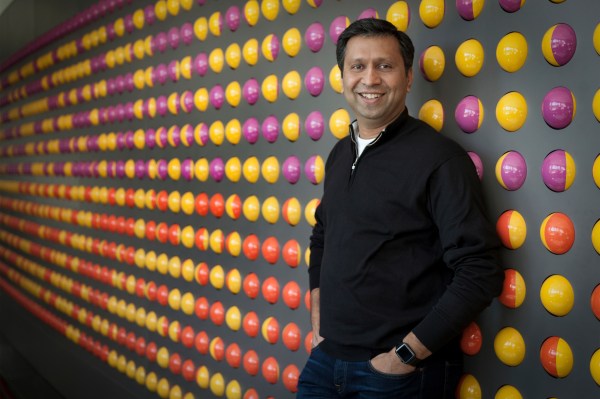
Adobe CTO Abhay Parasnis sees a shift happening.
A shift in how people share content and who wants to use creative tools. A shift in how users expect these tools to work — especially how much time they take to learn and how quickly they get things done.
I spoke with Parasnis in December to learn more about where Adobe’s products are going and how they’ll get there — even if it means rethinking how it all works today.
“What could we build that makes today’s Photoshop, or today’s Premiere, or today’s Illustrator look irrelevant five years from now?” he asked.
In many cases, that means a lot more artificial intelligence; AI to flatten the learning curve, allowing the user to command apps like Photoshop not only by digging through menus, but by literally telling Photoshop what they want done (as in, with their voice). AI to better understand what the user is doing, helping to eliminate mundane or repetitive tasks. AI to, as Parasnis puts it, “democratize” Adobe’s products.
We’ve seen some hints of this already. Back in November, Adobe announced Photoshop Camera, a free iOS/Android app that repurposes the Photoshop engine into a lightweight but AI-heavy interface that allows for fancy filters and complex effects with minimal effort or learning required of the user. I see it as Adobe’s way of acknowledging (flexing on?) the Snapchats and Instas of the world, saying “oh, don’t worry, we can do that too.”
But the efforts to let AI do more and more of the heavy lifting won’t stop with free apps.
“We think AI has the potential to dramatically reduce the learning curve and make people productive — not at the edges, but 10x, 100x improvement in productivity,” said Parasnis.
“The last decade or two decades of creativity were limited to professionals, people who really were high-end animators, high-end designers… why isn’t it for every student or every consumer that has a story to tell? They shouldn’t be locked out of these powerful tools only because they’re either costly, or they are more complex to learn. We can democratize that by simplifying the workflow.”



